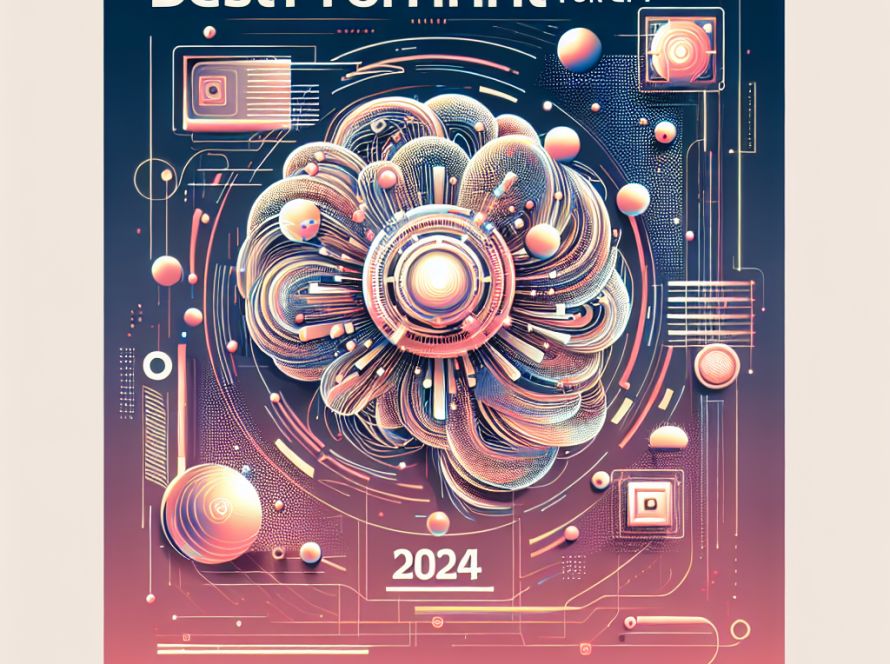The introduction of artificial intelligence (AI) to the marketing industry has brought significant changes, piquing both excitement and concern among professionals as AI tools are revolutionizing tasks from simple to complex. A study by McKinsey suggests that AI could automate over 30% of tasks in approximately 60% of occupations, underscoring the immense potential of AI’s integration into the workplace. However, this advancement has raised concerns among professionals who see these technologies as a threat to their jobs.
Resistance to adopting AI extends to the marketing industry, as seen in job applicants who claim to have never used tools such as ChatGPT, possibly out of fear that owning such skills may make them redundant. This reluctance illustrates broader anxieties about AI’s future role in marketing and concerns about job security in an AI-driven landscape.
Platforms such as Robotic Marketer exemplify AI’s vast capabilities. The platform creates and localizes strategic marketing content in several languages, eliminating the need for language-specific marketers or translators, thereby reducing costs and enhancing efficiency. It also analyzes marketing patterns and predicts future trends, implying AI’s potential to assume highly specialized roles that require significant expertise.
Despite AI’s benefits, it introduces new challenges. Marketing brands need to strike a balance between maintaining authenticity and optimizing efficiency. While organizations lean towards efficiency, brands like Nike, Gucci or Tesla show that without brand value, competitiveness is compromised. Universities currently are evolving their curriculums to include AI literacy, preparing students for AI-integrated workplaces of the future.
Successful marketing professionals will view AI as a tool that amplifies their capabilities, using it to inform decisions and drive innovation. Companies like Netflix and Coca-Cola have effectively integrated AI into their strategies, using predictive algorithms and analyzing real-time data to enhance customer engagement and shape marketing campaigns.
As we move into a transformative era, the marketing industry’s challenge is to creatively and responsibly harness AI’s potential. By merging technological prowess with human insight, marketers can guide their brands towards growth and relevance in an increasingly automated world. The integration of AI in marketing is more than just inevitable; it’s already reshaping the industry drastically. Adapting to these changes will place professionals at the forefront of a dynamic market landscape.


